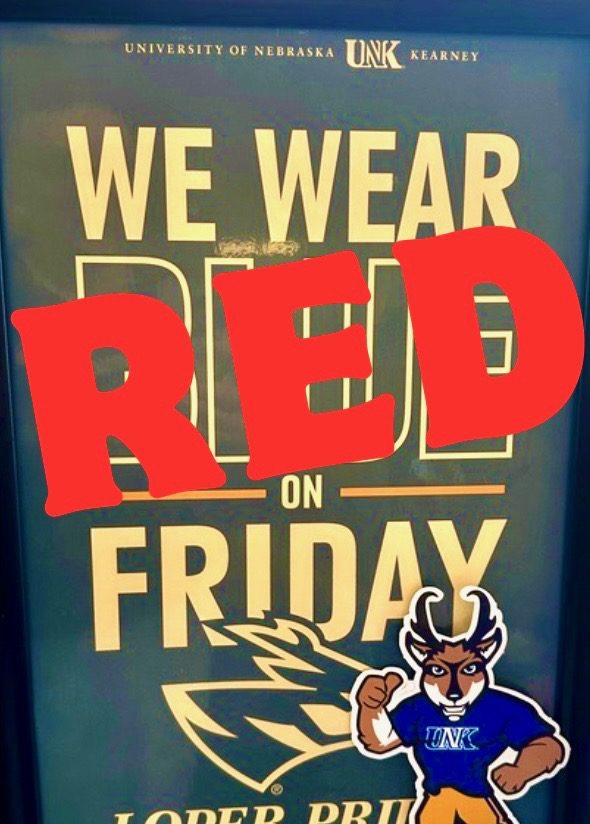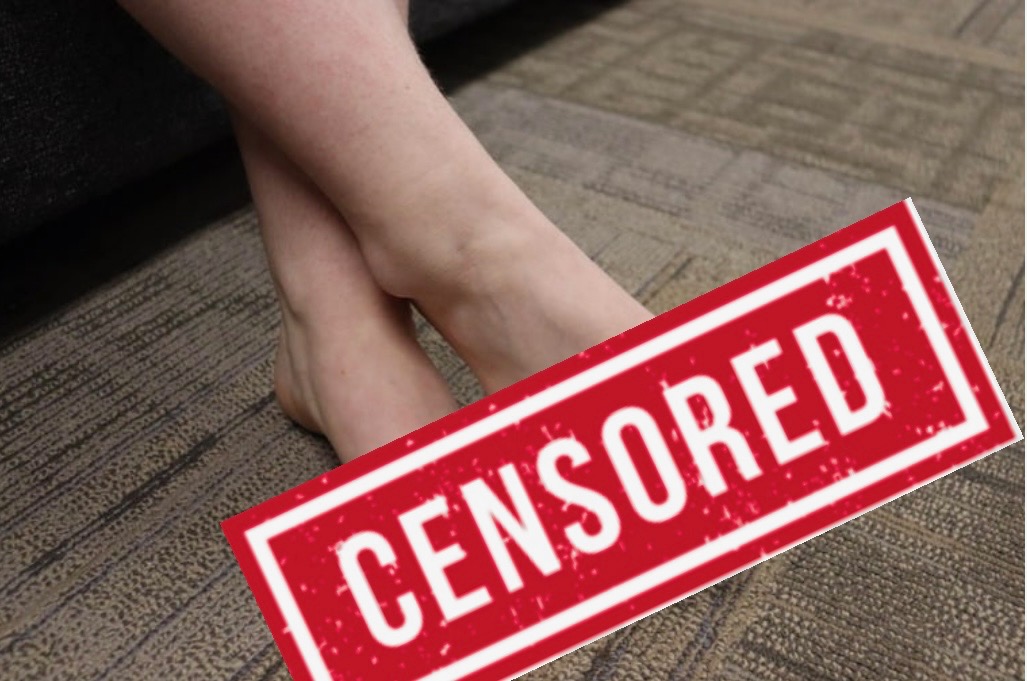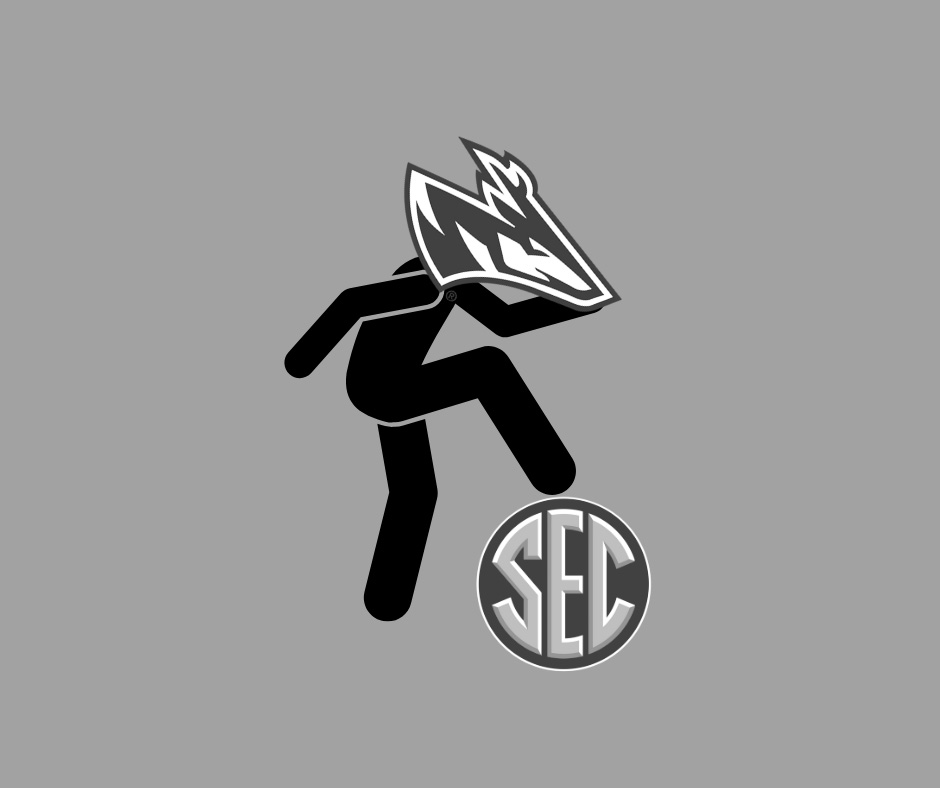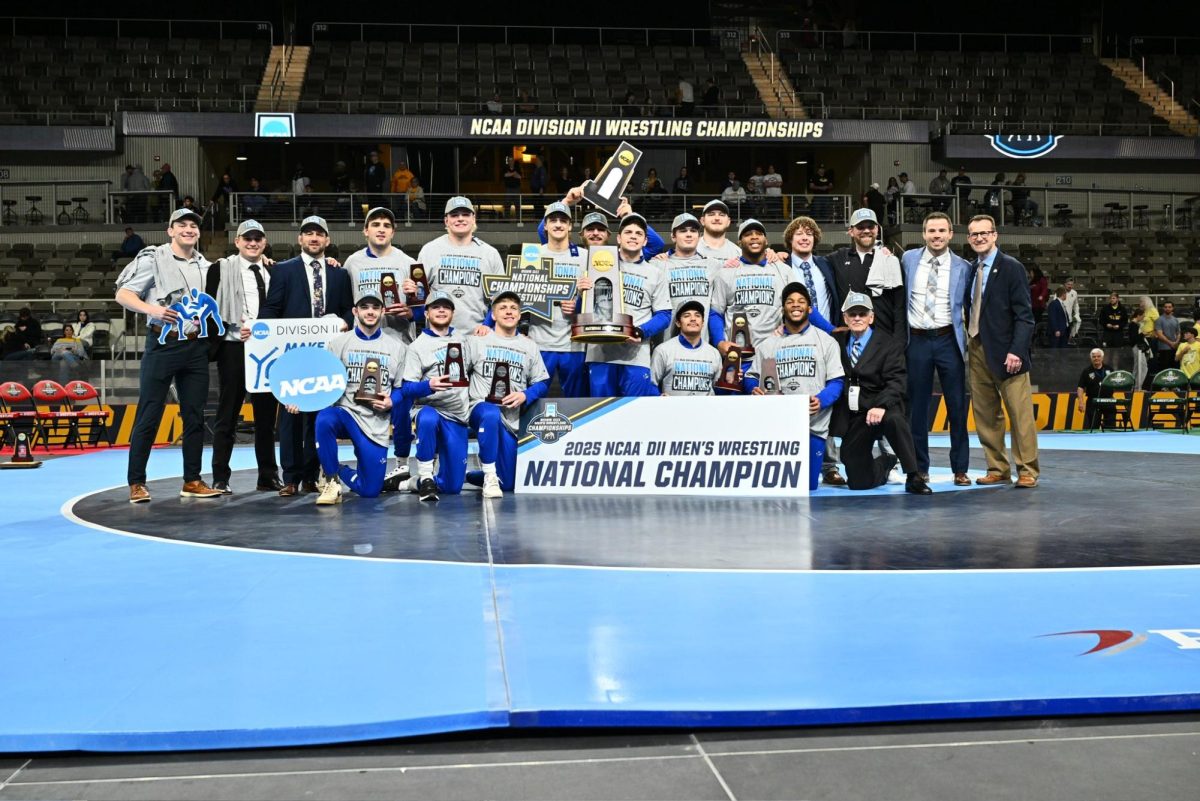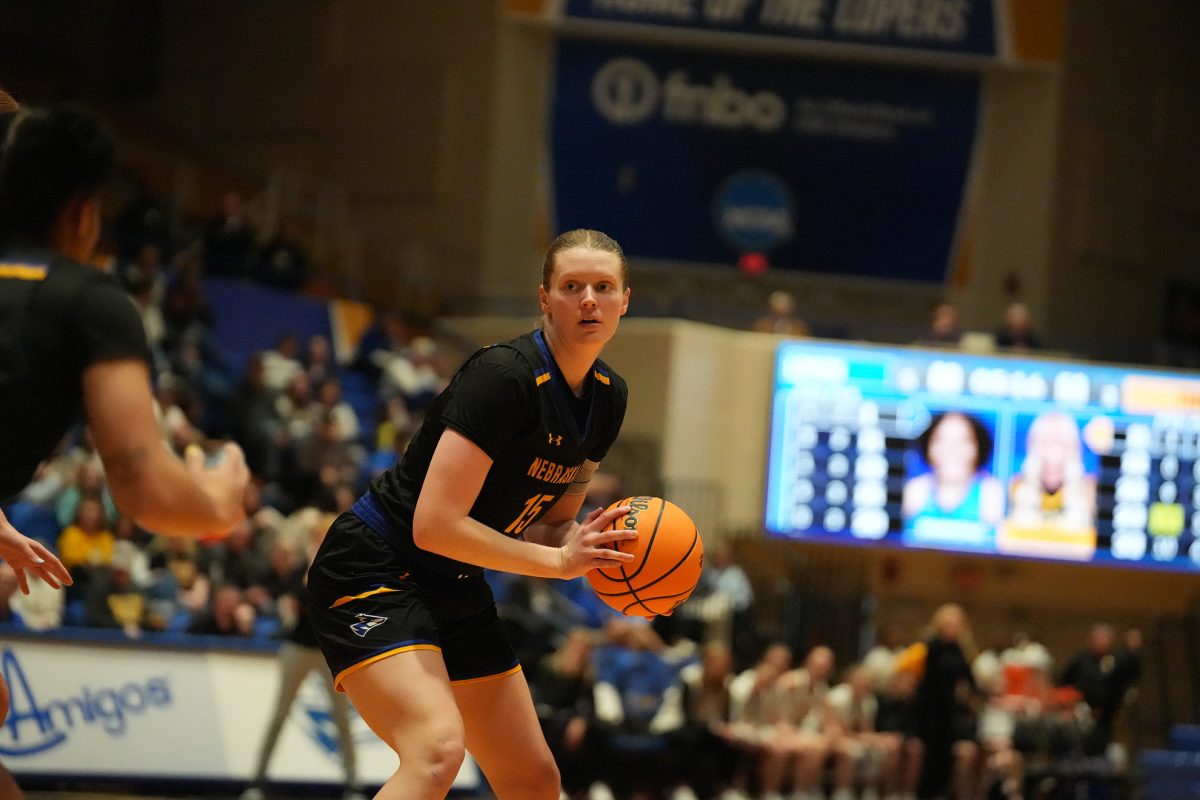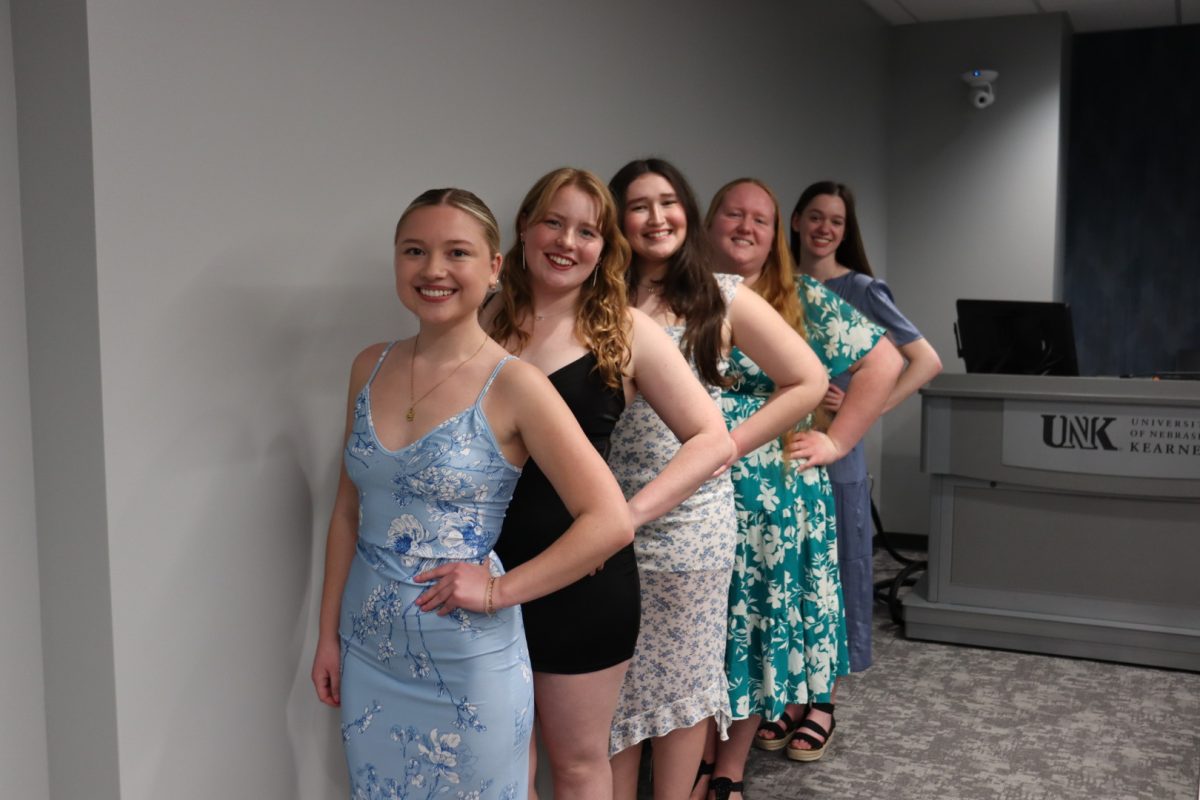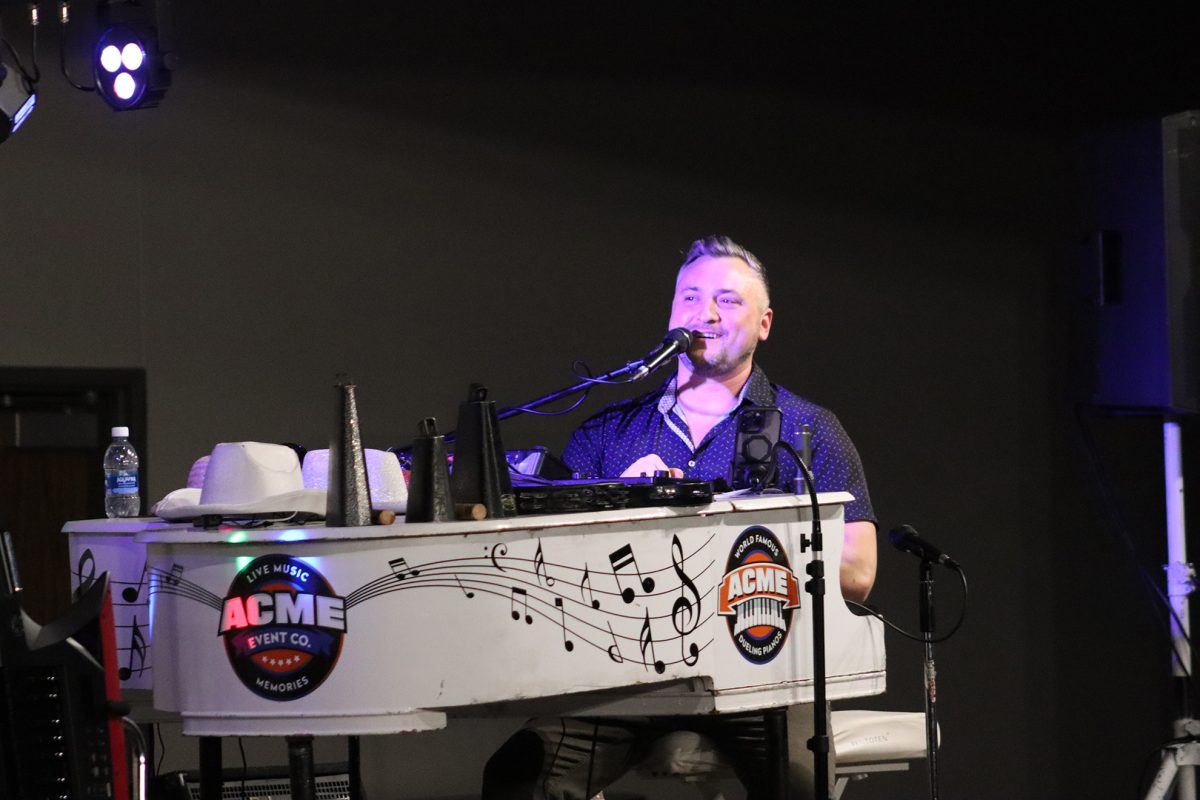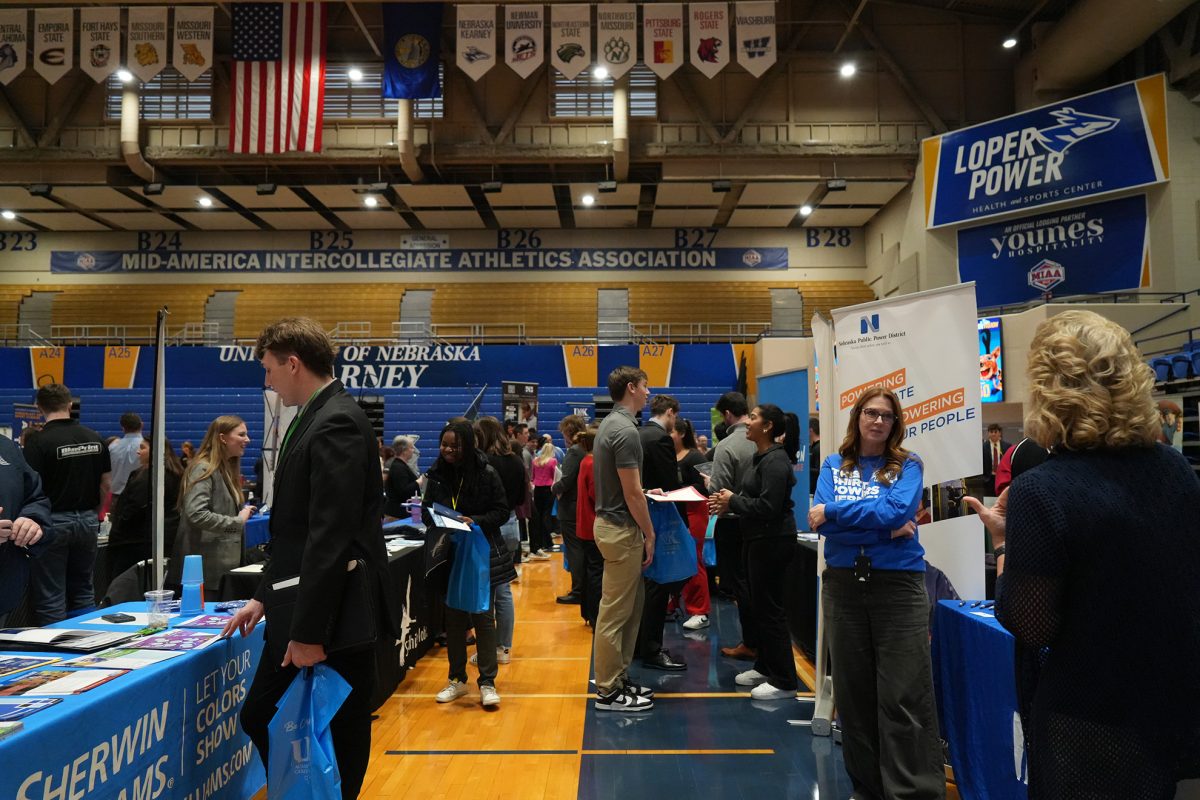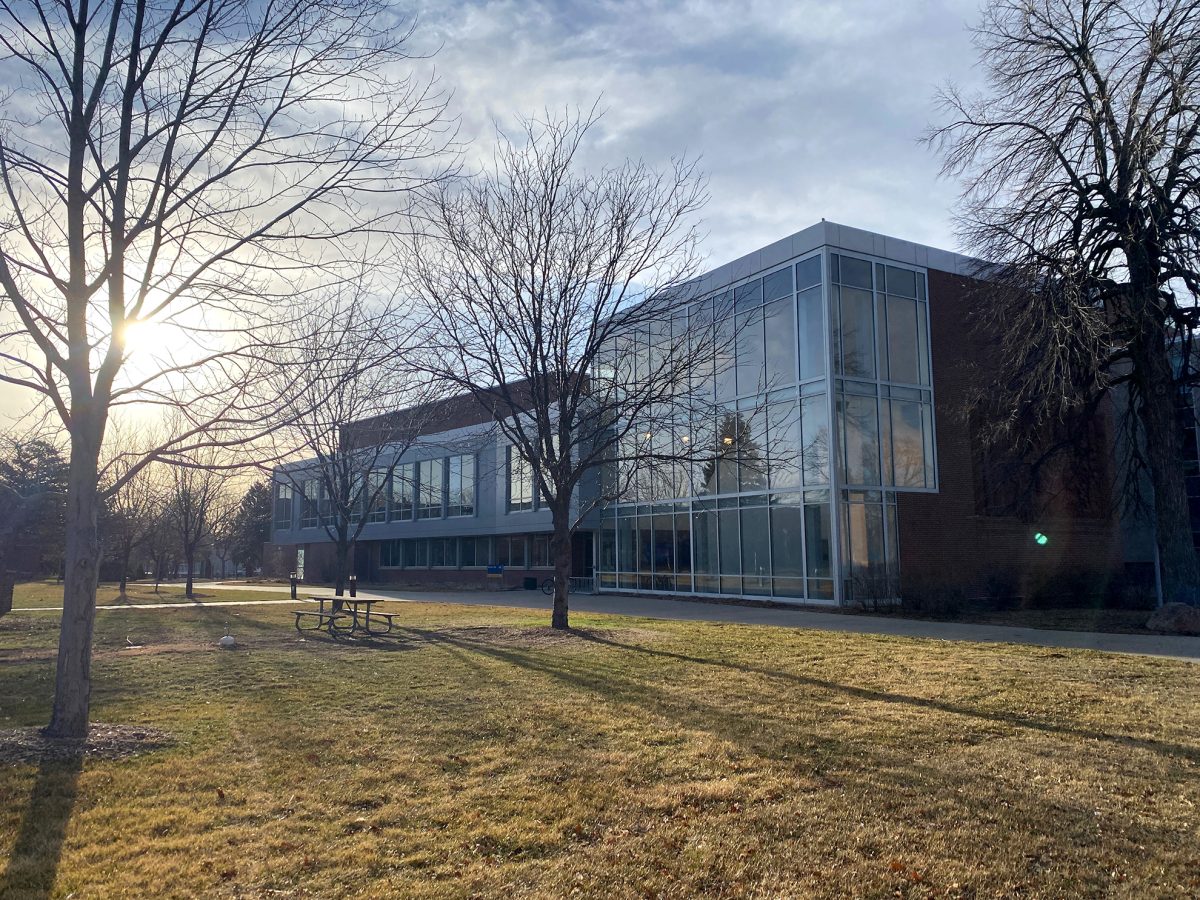Last semester when Martin Hall was opened to students, it was exclusively intended to be fraternity housing. The fraternity presidents were expected to reach their chapter’s goal for occupancy, or they would have to apply for a room waiver appealed by Residence Life.
University officials wrote an occupancy agreement which included a guideline for fraternities to fill 30-35% of the beds for this fall.
“The occupancy agreement was kind of designed to make it more of an attractive option for fraternity members to stay on campus,” said Trelana Daniel, UNK Residence Life Director. “So we spent a lot of time crafting that to encourage a sort of residential community, which is the vision for UNK.”
At that time in April, no fraternity president signed the agreements. UNK pushed back the deadline to May 5 so the fraternities could decide with officials and meet halfway.
The fraternities offered three recommendations to increase residency in Martin: lowering the housing costs, first-year student rooms and single rooms for members. The university would only approve one of the requests, allowing juniors and seniors to have single rooms.
The fraternity presidents signed the occupancy agreement, but Greek students still had some concerns.
“I believe they had the best intentions when they built these buildings to move Greeks into a space that it might bring us together,” said an anonymous senior fraternity member. “Maybe in some instances it has, but the old buildings were amazing. You had your own space where you could just be with your chapter and have an entire lounge.”
Out of the 113 beds provided by Martin Hall, 74 are filled. Fraternity and non-fraternity members are currently residing in Martin Hall. The increase of incoming first-year students and the renovation of Randall Hall has caused a temporary overflow into the Greek intended building. The Antelope reached out to Residence Life about how many of those occupants were fraternity members and was directed to Karlee Nuttelman. She was unable to access those numbers due to possible privacy reasons.
“We are currently working to get them (non-fraternity students) over to the permanent housing in the towers or in Mantor Hall,” Daniel said. “That will take us a little bit of time, but we are slowly but surely getting people moved over.”
Students who were directed to Martin Hall because of renovations pay a temporary housing rate, which is different from what students would pay if they’d initially wanted to live in Martin Hall.
Fraternity members have year-long access to the building including during the summer for any events the fraternities have. This is to help with recruitment efforts and be able to grow their chapters. Potential members are able to experience what it would be like to live in the housing during these events
Although these efforts are for the fraternities and their needs, some are wondering if there are other options
“They wonder why Greek life is declining,” said an anonymous senior fraternity member. “I think the best move for Greek life would be to move off campus or we will slowly shrivel and die. It sounds dramatic, but it’s the truth.”
Fraternity presidents were contacted for comment. Only one president responded and said they would keep their opinion within their chapter.



